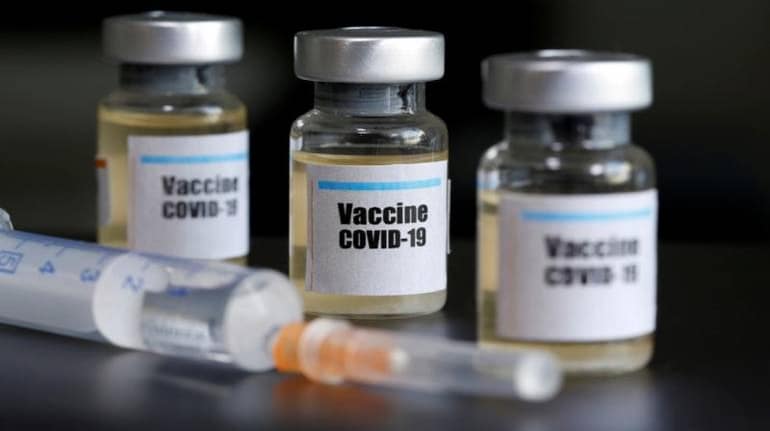
The Indian Council of Medical Research (ICMR) has reportedly invited applications from drug makers for the development of ‘equine antiserum’ against the novel coronavirus.
Antiserum is blood-based serum containing antibodies against the virus. Blood is obtained from patients/animals who have recovered from a virus and found to have antibodies against it in their system. Antibodies from horses – known as equine antisera are quite common.
This particular equine antiserum was isolated by the ICMR led National Institute of Virology, Pune. The inactivation of the virus isolates – which in laboratory tests produced antigens – were standardised and will be developed into an antiserum. Antigens are a precursors to antibodies.
The Council will provide non-exclusive licence to manufacturers and 5 percent royalty on sales to be used towards technology development for manufacture, sale and commercialisation of the product, said a report by The Economic Times.
Follow our LIVE Updates on the coronavirus pandemic here
The development comes as India has recorded over 4.9 lakh COVID-19 cases and 15,301 deaths, as per Health Ministry updates.
Maharashtra continues to be the state with the most cases, clocking in 147,741 infections, followed by Delhi (73,780), Tamil Nadu (70,977) and Gujarat (29,520).
Globally, more than 96.08 lakh coronavirus infections and nearly 4.9 lakh deaths have been reported due to the COVID-19 outbreak, as per the Johns Hopkins Coronavirus Resource Centre.
Discover the latest business news, Sensex, and Nifty updates. Obtain Personal Finance insights, tax queries, and expert opinions on Moneycontrol or download the Moneycontrol App to stay updated!